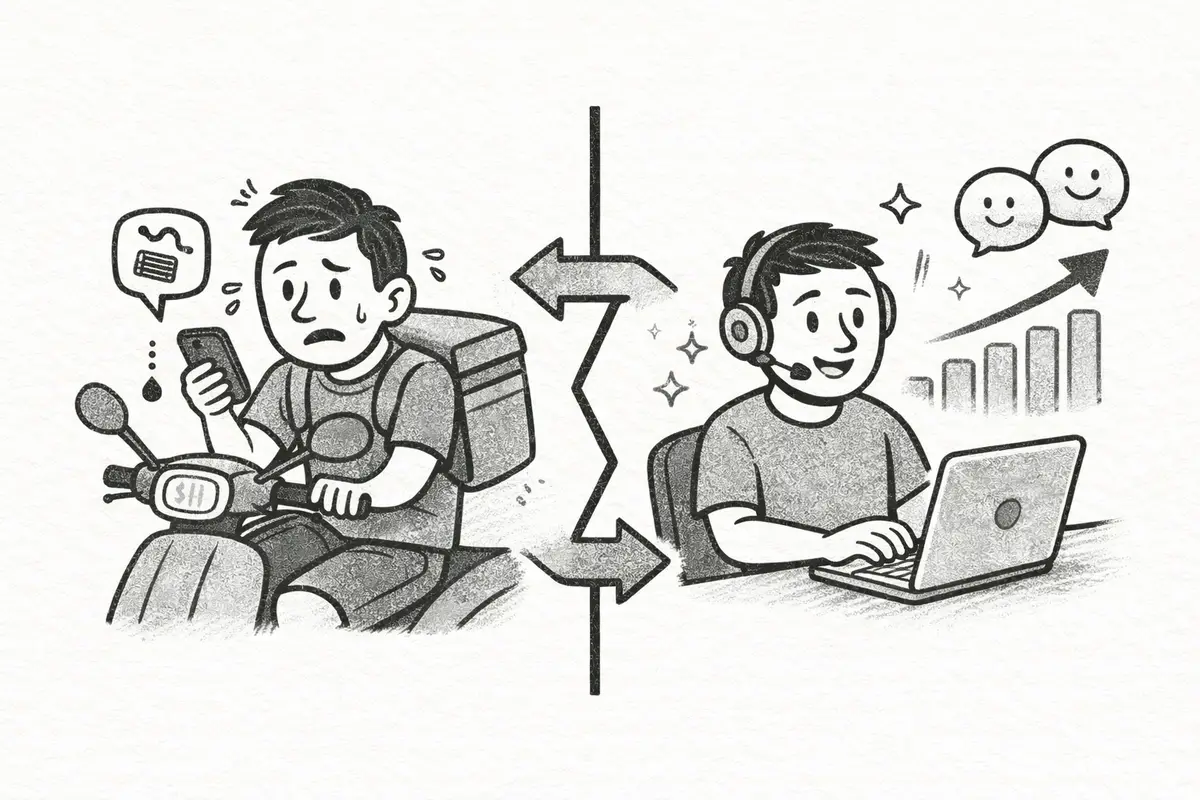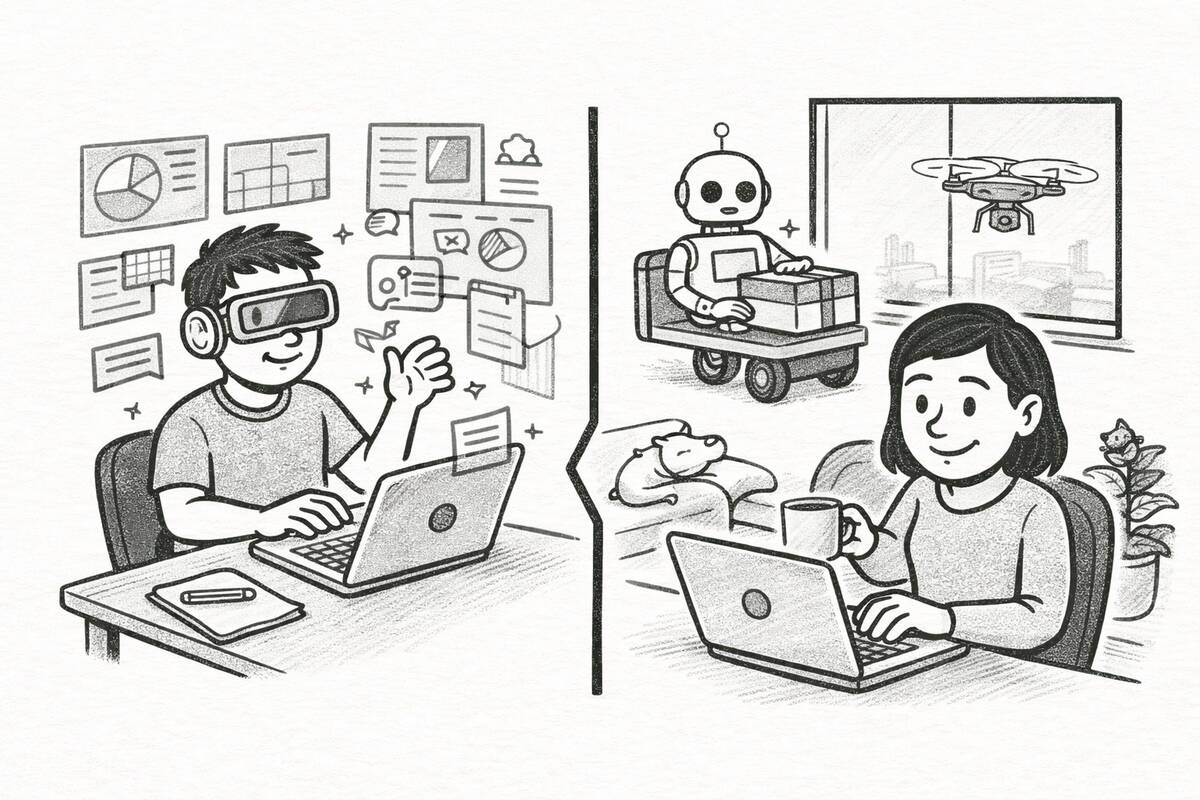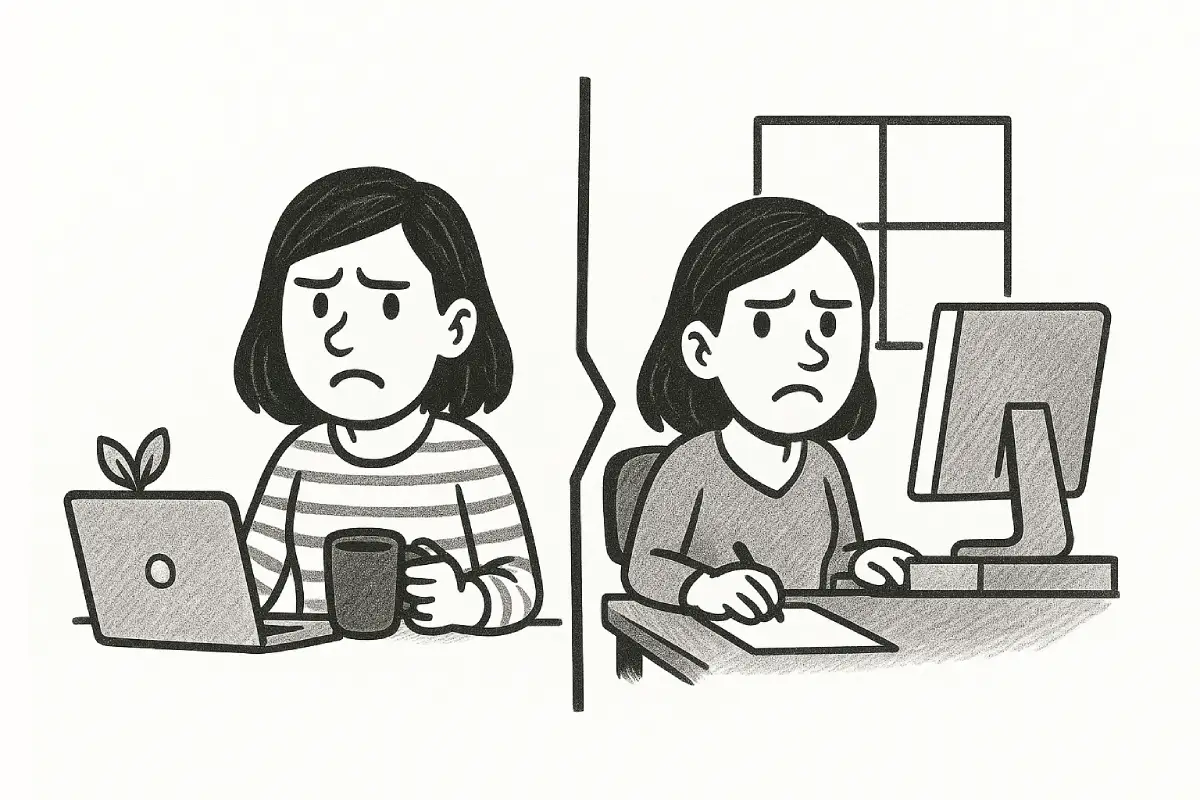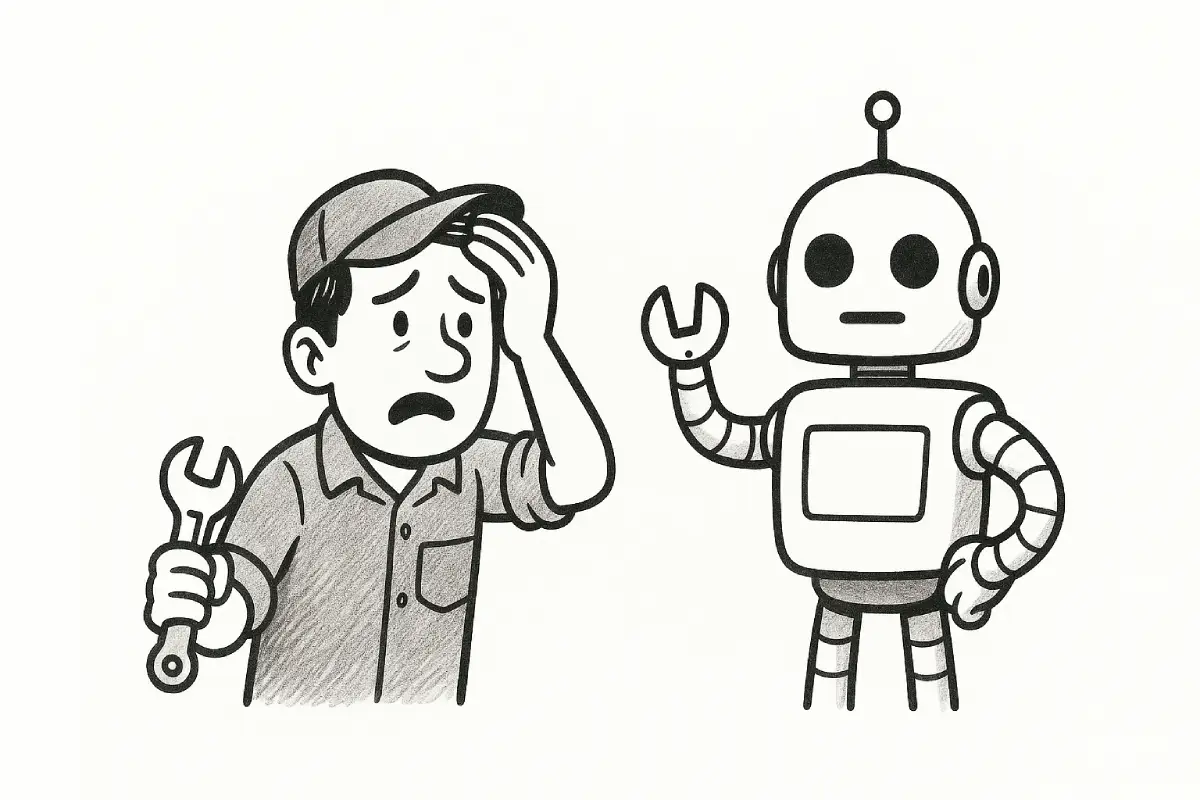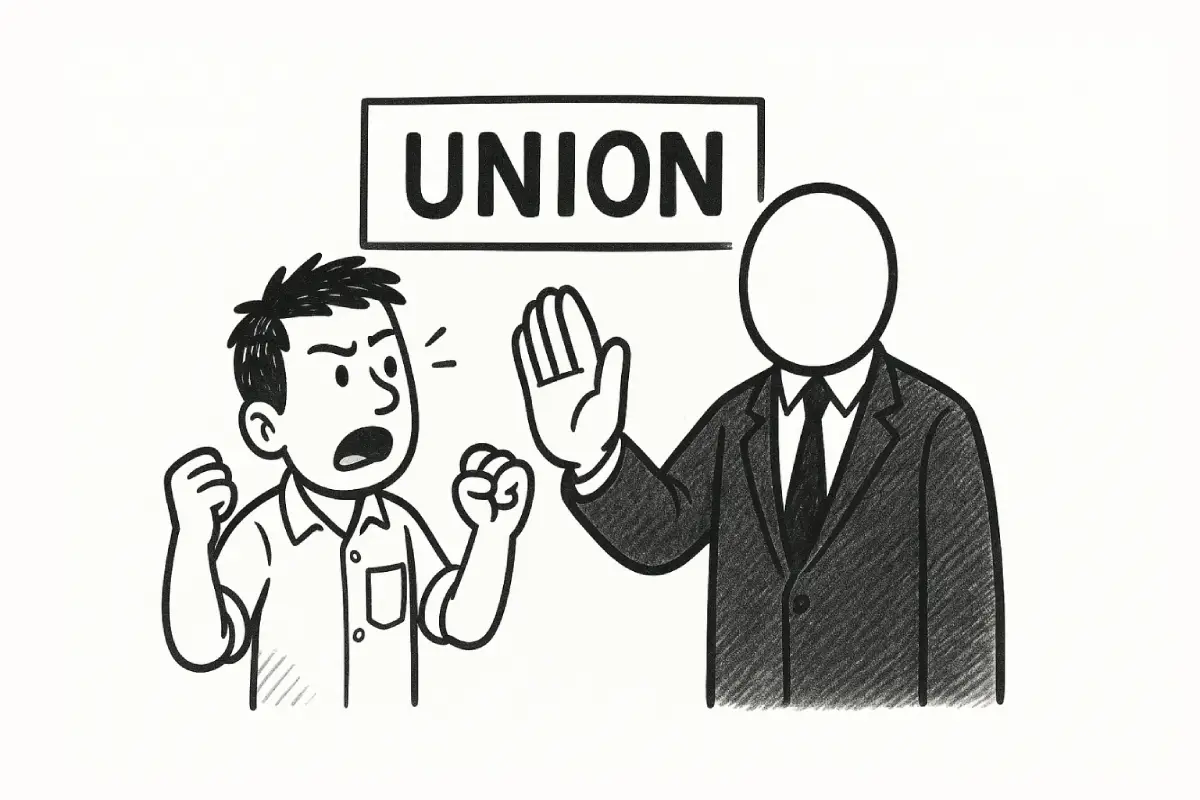Job-hopping has become increasingly common in recent years. With a multitude of opportunities and an ever-changing job market, it’s not uncommon for employees to switch jobs frequently. But how long should you stay in a job before considering a change? Deciding whether to leave a job can be a complex decision, and it’s important to weigh the pros and cons of staying versus leaving. In this article, we’ll explore the factors to consider when deciding how long to stay in a job, the pros and cons of changing jobs, questions to ask yourself before making a decision, and tips for explaining a short tenure.
How long should you stay in a job?
There is no one-size-fits-all answer to the question of how long you should stay in a job. However, there are some general guidelines to consider. In general, it’s a good idea to stay in a job for at least one year before considering a change. This allows you to gain experience, learn new skills, and demonstrate your value to your employer. If you’ve been in your role for more than a year, it’s a good idea to consider your long-term career goals and whether your current job is helping you to achieve them. Some experts recommend staying in a job for at least two years to demonstrate a level of commitment and stability to potential employers.
5 pros of changing your job
There are several potential benefits to changing jobs. These include:
- Opportunity for career advancement. Changing jobs can provide opportunities for career growth and advancement, including higher salaries, greater responsibility, and new challenges.
- Exposure to new experiences. Changing jobs can expose you to new industries, work cultures, and colleagues, which can broaden your perspective and help you learn new skills.
- Better work-life balance. Switching jobs can help you find a better work-life balance, such as a shorter commute, more flexible hours, or a better company culture.
- Improved job satisfaction. If you’re unhappy in your current job, a change can improve your overall job satisfaction and motivation.
- Increased earning potential. Changing jobs can offer the opportunity for a higher salary, as many companies offer higher starting salaries for new employees than for existing employees.
5 cons of changing your job
While there are potential benefits to changing jobs, there are also some downsides to consider. These include:
- Starting over. When you switch jobs, you’ll need to build new relationships, learn new systems, and prove yourself to a new boss and colleagues.
- Loss of benefits. If you’re leaving a job with good benefits, such as health insurance or retirement plans, you may need to find new options that are not as favorable.
- Financial instability. Changing jobs can involve a period of financial instability, such as a gap in income or a delay in receiving benefits.
- Lack of job security. Changing jobs can mean leaving a stable position for a more uncertain one.
- Loss of familiarity. Leaving a job that you know well and are comfortable in can be difficult, especially if you’re leaving behind colleagues or a work culture you enjoy.
10 questions to ask yourself when deciding to switch jobs
If you’re considering a job change, it’s important to ask yourself a few key questions to determine if it’s the right decision. Some of these questions include:
- What are my long-term career goals, and will this new job help me achieve them?
- Am I happy in my current job, and what specific things am I looking to improve in a new role?
- What is my current work-life balance, and how will this change with a new job?
- How will this new job affect my finances, including salary and benefits?
- What is the company culture like at the new job, and will it be a good fit for me?
- What are the potential opportunities for career growth and advancement in this new role?
- What is the commute like, and how will it impact my daily life?
- What do current and former employees have to say about working at the new company, and what are their reviews like on job search websites?
- What is the company’s stability and reputation, and how does this align with my own values and career goals?
- Am I fully prepared for the challenges and uncertainties that come with switching jobs?
Asking yourself these questions can help you make an informed decision about whether to switch jobs.
4 tips to explain short tenure
If you decide to change jobs, it’s important to be prepared to explain any short tenure to potential employers. Here are four tips for doing so:
- Be honest. Explain why you left your previous job and be transparent about your reasons for leaving.
- Focus on the positive. Highlight what you learned in your previous role and how it has prepared you for your next opportunity.
- Provide examples. Give specific examples of accomplishments or projects you worked on in your previous role to demonstrate your skills and experience.
- Show commitment. Explain why you’re excited about the new opportunity and how you plan to stay committed to the company long-term.
In conclusion, deciding how long to stay in a job can be a complex decision. While there are potential benefits to switching jobs, there are also downsides to consider. By asking yourself the right questions and weighing the pros and cons, you can make an informed decision about whether to stay in your current role or pursue a new opportunity. If you do decide to switch jobs, be prepared to explain any short tenure to potential employers by focusing on the positive and demonstrating your commitment to the new role.
You might also like: The Jobs Most Likely to Disappear by 2035


